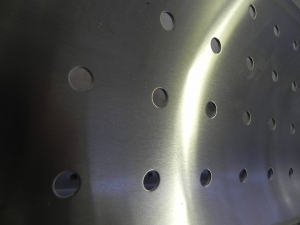
Precision machining in Toronto provides one of the most cost effective ways of manufacturing parts and assembling custom products. At RWD Tool, we rely on modern tools and two principal methods to meet industrial standards of quality. Design for Assembly (DFA) is a method which helps the design of parts or components for greater ease of assembly, aimed to keep production cost at a minimum by focusing on the number of cuts and parts. Design for Manufacturing (DFM) is a method designed to optimize the manufacturing process itself: it helps choose the most suitable materials and precision machining processes in the production, optimizing the product design and assembly.
With these two guiding methods, we can offer superior precision machining in Toronto, a highly competitive and demanding market.
There are three major differences between these two methods. DFA is employed for reduction of assembly costs, while DFM is focused on the quality of the final product. While DFM aims to minimize any complexities in the manufacturing process, DFA reduces the number of assembly operations. The individual parts produced in DFA tend to have more complex design whereas DFM makes use of more common features and primary axes. The guiding principles of DFA include are:
While there are striking differences between DFM and DFA, there are similarities as well. They both seek to reduce labor, overhead and material costs. They also aim to reduce product development cycle time. As such, they are can be treated as a single methodology: Design for Manufacturing and Assembly (DFMA).
To learn more about precision machining in Toronto and how RWD Tool can help your business thrive, contact us and speak with an expert.